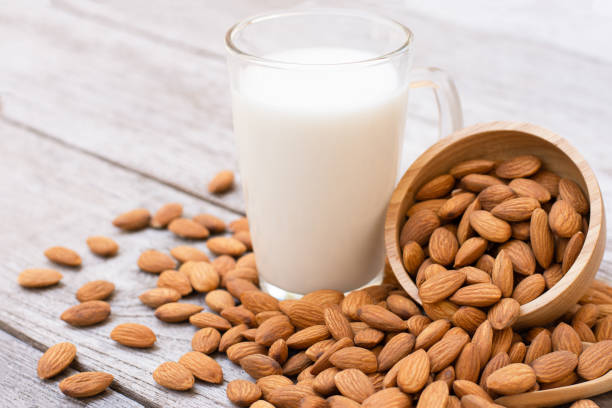At what time of day should you drink milk so that it doesn't cause harm?

For generations, milk has been one of the most common foods on the table. Its richness in nutrients makes it an important source of energy, protein, and minerals that support growth, bone health, and proper functioning of the body at all stages of life.
Although its nutritional value is widely recognized, the time of day it's consumed can make a difference in its benefits. Nutritionists point out that the time of day it's consumed influences how the body utilizes its components and the effects it has on rest, energy, and satiety.

Enjoying a glass of milk is enjoying good health. Photo: iStock
Milk is considered a complete food thanks to the variety of nutrients it packs into a single serving. Its main components include high biological value proteins, essential for tissue formation, enzyme production , and muscle recovery.
It's also one of the most important sources of calcium, a key mineral for healthy bones and teeth, along with vitamin D, which promotes its proper absorption. It's also rich in phosphorus, potassium, and magnesium, minerals that are involved in metabolic functions and the proper functioning of the nervous system.
It also provides B vitamins, such as B2 and B12, which are necessary for energy production and maintaining the nervous system. Together, these nutrients make milk a food with benefits that extend beyond childhood, proving useful in adolescence, adulthood, and old age.
Is there an ideal time to drink milk? Milk consumption isn't limited to a single time of day. Its nutritional value means it can be included at different times of the day, adapting to each person's needs and eating habits.
Although there's no universal rule, nutritionists point out that timing depends on factors such as lifestyle, physical activity routine, and digestive tolerance. In general, it's essential that milk be consumed as part of a balanced and varied diet, without excess and adjusted to the individual characteristics of each body.

Vitality and strength through good nutrition. Photo: iStock
Drinking milk in the morning can be a good way to start the day with energy, as all its ingredients contribute to a more complete breakfast. When combined with whole grains or fruit, it helps maintain stable glucose levels and prolong the feeling of satiety throughout the first hours of the day.
In the afternoon, it works as a nutritious, practical, and healthy snack. Its nutrient content helps meet daily protein and mineral requirements while also helping to hydrate. Consumed with nuts or a slice of whole-grain bread, it can be a useful option to avoid hunger pangs and conserve energy until the next meal.
At night, this food plays a special role in your sleep routine. As a source of tryptophan, an amino acid that promotes the production of serotonin and melatonin, it can contribute to improved sleep quality. Furthermore, its combination of calcium and protein supports muscle recovery after a day of physical activity or work, strengthening the relationship between good nutrition and restful sleep.
Types of milk and how to choose the most suitable one There are several varieties of milk on the market, each with characteristics that can be adapted to different needs. Whole milk retains its full fat content, making it higher in calories but also more filling.

There are different types of milk. Photo: iStock
Semi-skimmed and skimmed milks reduce fat content while maintaining calcium and protein, making them suitable options for those looking to control their calorie intake.
There are also lactose-free alternatives designed for people with intolerance, which offer the same essential nutrients without causing digestive discomfort.
At the same time, plant-based drinks made from soy, oats, almonds, or rice have become popular as substitutes, although it's a good idea to check their labels to verify they are fortified with calcium and vitamin D and do not contain added sugars.
The choice depends on individual factors such as age, digestive tolerance, nutritional goals, and medical recommendations. The most important thing is to choose a version that provides benefits without causing discomfort, ensuring responsible and balanced consumption within your daily diet.
Milk remains a highly important food in nutrition thanks to its calcium, quality proteins, and vitamins that support proper body function. Consuming it at different times of the day, depending on each person's needs, can contribute to both daily energy and a good night's sleep.
MORE NEWS: DIGITAL REACH EDITORIAL
eltiempo




